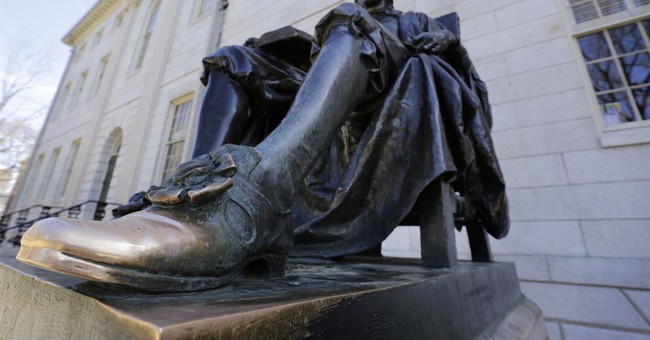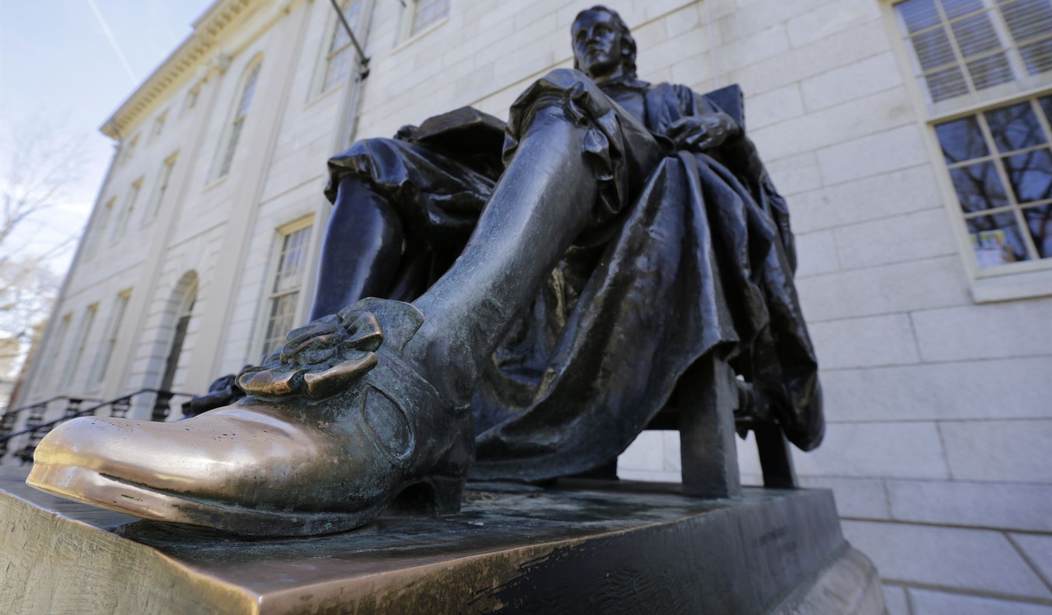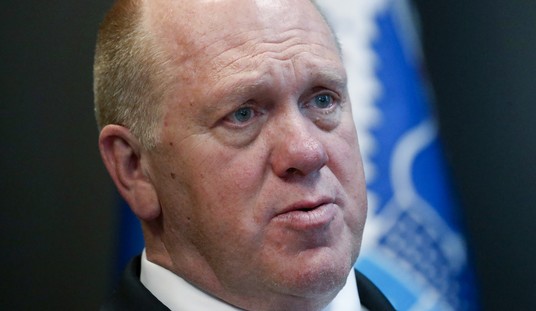
China has infiltrated quite a few American institutions, be it corporations or media. Even more worrisome is that they’ve infected some of our universities. Apparently, Republicans in Congress have taken notice and they’ll now be investigated.
According to the Washington Examiner, Republican members of the House sent a letter to Education Secretary Betsy DeVos that China’s attempts at covering up the fact that COVID-19 began in their country have affected academic research. As such, they want to do a little digging:
The ranking members on seven House committees sent a letter to Education Secretary Betsy DeVos on Monday, which was obtained by the Washington Examiner, noting that under her leadership, the Education Department “has sought to improve transparency and reduce reliance on foreign investment in U.S. higher education” and “recent revelations of China taking steps to suppress academic research into the origins of the COVID-19 pandemic underscores the importance of your efforts.”
The lawmakers wrote they “seek a better understanding of the Department’s efforts to address unreported foreign direct investment into the U.S. higher education system” as part of the House Republican effort “to investigate the Chinese government’s propaganda and cover-up campaign surrounding this pandemic.”
The letter was signed by Reps. Jim Jordan of the Oversight Committee, Virginia Foxx of the Education Committee, Michael Rogers of the Homeland Security Committee, Frank Lucas of the Technology Committee, Devin Nunes of the Intelligence Committee, Mac Thornberry of the Armed Services Committee, and Michael McCaul of the Foreign Affairs Committee.
“For some time, we have been concerned about the potential for the Chinese government to use its strategic investments to turn American college campuses into indoctrination platforms for American students,” the GOP leaders said, noting that China’s efforts on U.S. campuses “bring into question whether U.S. institutions of higher education receiving federal taxpayer dollars should be allowed to accept funds from China, the CCP, or other affiliated organizations” because “the interests of the two nations appear to have diverged.”
The letter seems to be sparked by the discovery by the Department of Education that the University of Texas had financial ties to the Wuhan Institute of Virology. As the virus began in Wuhan and China began to try to cover it up, the relationship seems both inappropriate and suspect. GOP leaders believe that relationships like these may pose a national security risk.
“This is about transparency,” DeVos said back in February according to the Examiner. “If colleges and universities are accepting foreign money and gifts, their students, donors, and taxpayers deserve to know how much and from whom.”
Quite a bit of money is definitely coming from China. According to the Department of Education’s Foreign Gift and Contract Report, some $1.17 billion comes directly from China. It’s unclear if there’s more as both the DoE and the DoJ have gone after colleges for hiding their foreign funding. According to the Examiner, a high-profile arrest in January already happened involving a Harvard professor who had ties to the Wuhan’s University of Technology.
Universities seem pretty protective of their money. As I previously reported, a former prisoner of China who fled to America named Teng Baou attempted to host a human rights panel discussing China at Harvard, but the school shut down the panel due to the fact that Chinese President Xi Jinping was visiting the same day. According to vice-dean William P. Alford of Harvard Law, Teng Baou was shut down simply because Harvard didn’t want to risk China removing its funding from the college:
“I did ask that an event Mr. Teng planned to hold to coincide with a meeting between this university’s President and the Chinese President be postponed until after her short Beijing visit because I thought that timing might have an impact on university activity there (regarding academic, scientific, humanitarian and rights matters),” Alford said. “As the person who first invited Mr. Teng to spend a year here, I felt some responsibility for whatever impact his undertakings might have for others at the university.”
China has many reasons to invest in our universities. For one, it makes the transmission of propaganda far easier when it’s being delivered in classroom form. Secondly, it allows them a window into seeing who the brightest minds are and what brilliant ideas are coming from the.
The GOP is right. This is definitely a national security risk.













